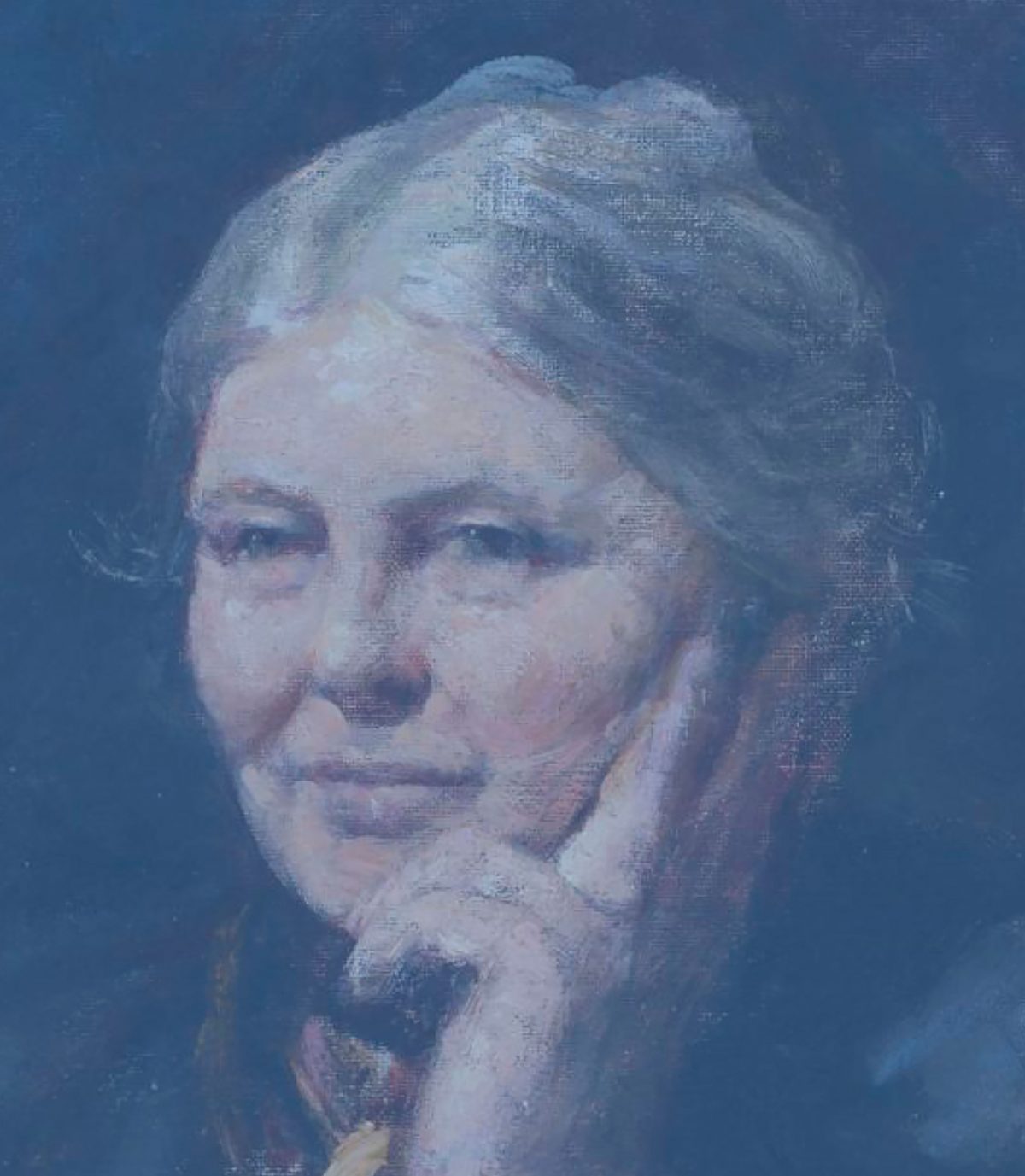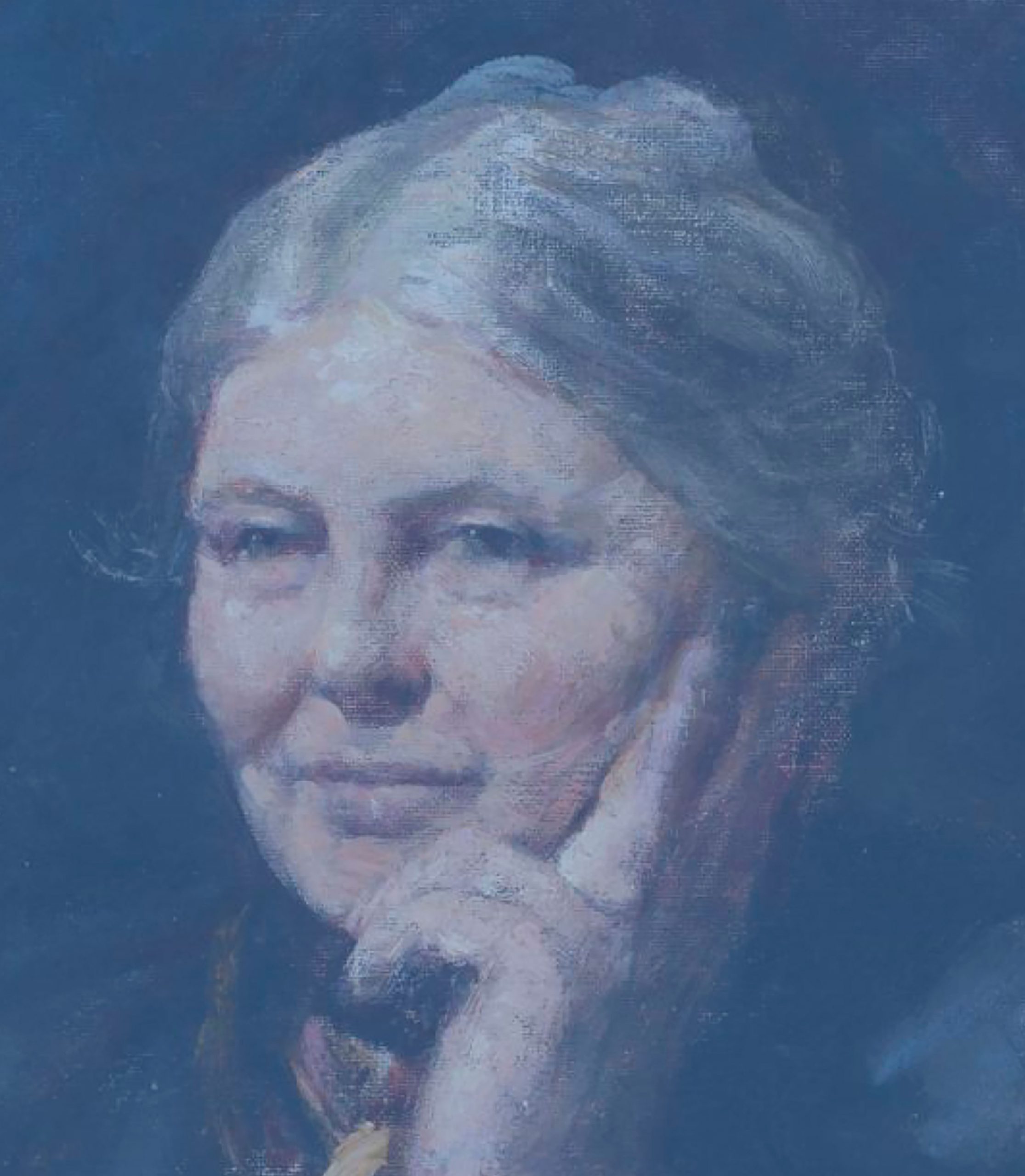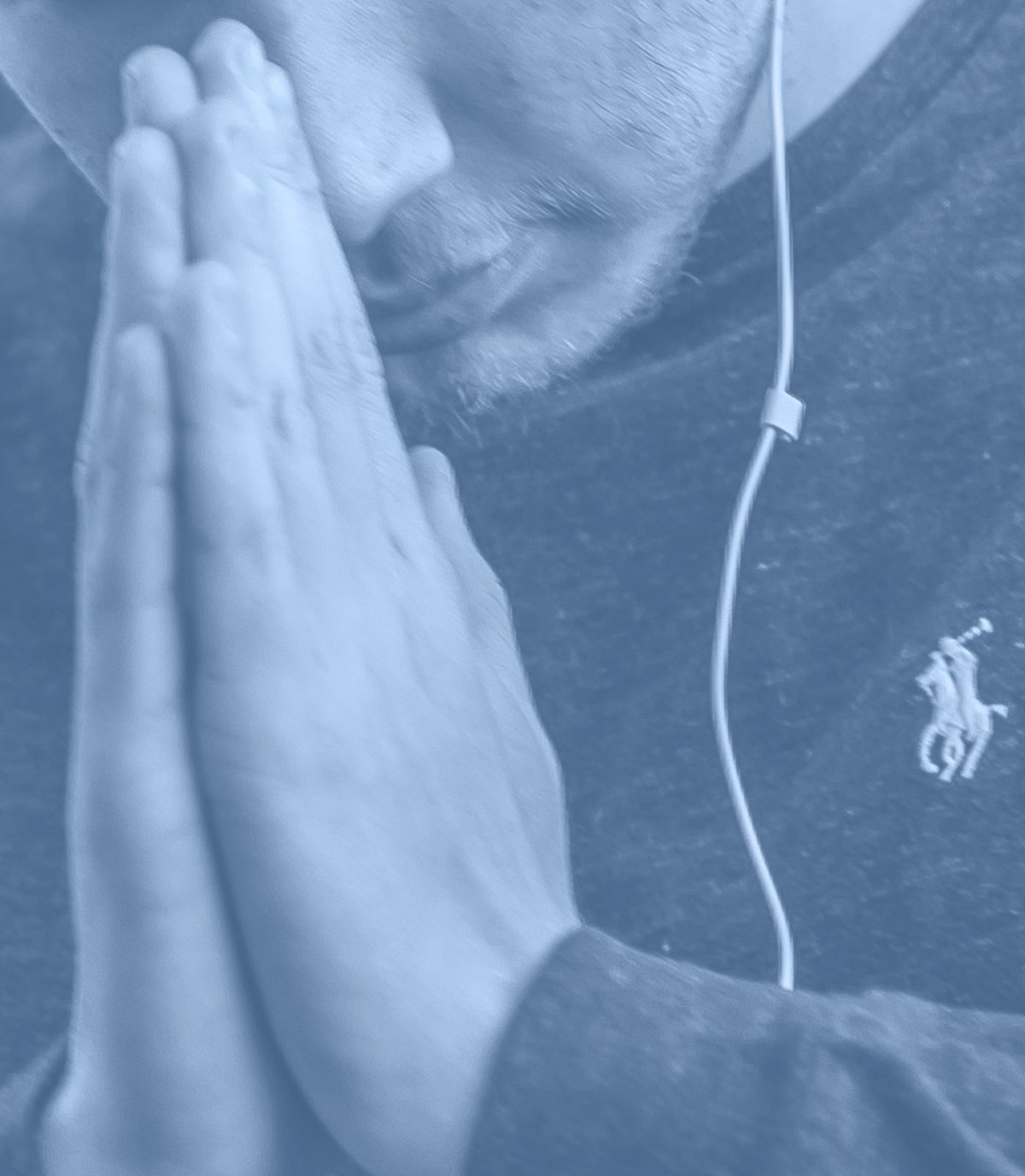
¿Who was Charlotte Mason? (1842-1923)
She was a British educator who lived in the late nineteenth century, born in 1842 in England, contemporary of Maria Montessori (1870-1952). A teacher by profession, in 1892 she established the Parents National Education Union (PNEU), an association of parents and teachers interested in studying the principles of her method and how to apply them. She was especially concerned with the training of parents, teachers and nannies. She wrote books in which she addressed topics such as parenting, formal education and character formation.
Here are some ideas that help us to understand Charlotte Mason’s approach to teaching methodology:
- Children are humans beings, therefore, they should always be treated with courtesy, respect and dignity.
- Education is the science of relationships. We should help the students to discover and develop their relationship with God, with themselves, with others and with all of creation.
- The teacher must talk less and listen more, avoiding both interruption and taking away children’s initiative. The teacher should always bring out the best in each child, working alongside, guiding and inspiring them to be better.
- We must ensure that every day students have something or someone to love, something to do and something to think about.
- Education is “discipline,” referring to the discipline of habits. Consciously form habits of mind and body.
- Education is “life” which implies the need for physical, intellectual and moral sustenance. The mind is nourished by ideas, therefore, children must be exposed to an extensive and varied curriculum.

CHRIST is sovereign over everything and, as such, He must be an integral part of the educational curriculum and within the community
Why study history?
Because we can see how Christ prepared the world for his works.
Why study maths?
Because we can witness the meticulous order with which God designed the world.
“Our life is an open question, an incomplete project, pending its fruition and fulfillment. The fundamental question of each man is: How will I achieve fulfillment, full humanity? How do you learn the art of living? What is the path of happiness? And he continued: Evangelising means showing a path, teaching the art of living … but that art is not the object of study of a science, and can only be communicated by the one who has life, which is the personified Gospel.
Love is the beginning and end of education, because love is the path that makes us more human. That is why a Catholic identity never threatens human freedom, but instead offers the best possibilities for human flourishing, even for non-believers. (Stratford Caldecott, Beauty in the Word)



